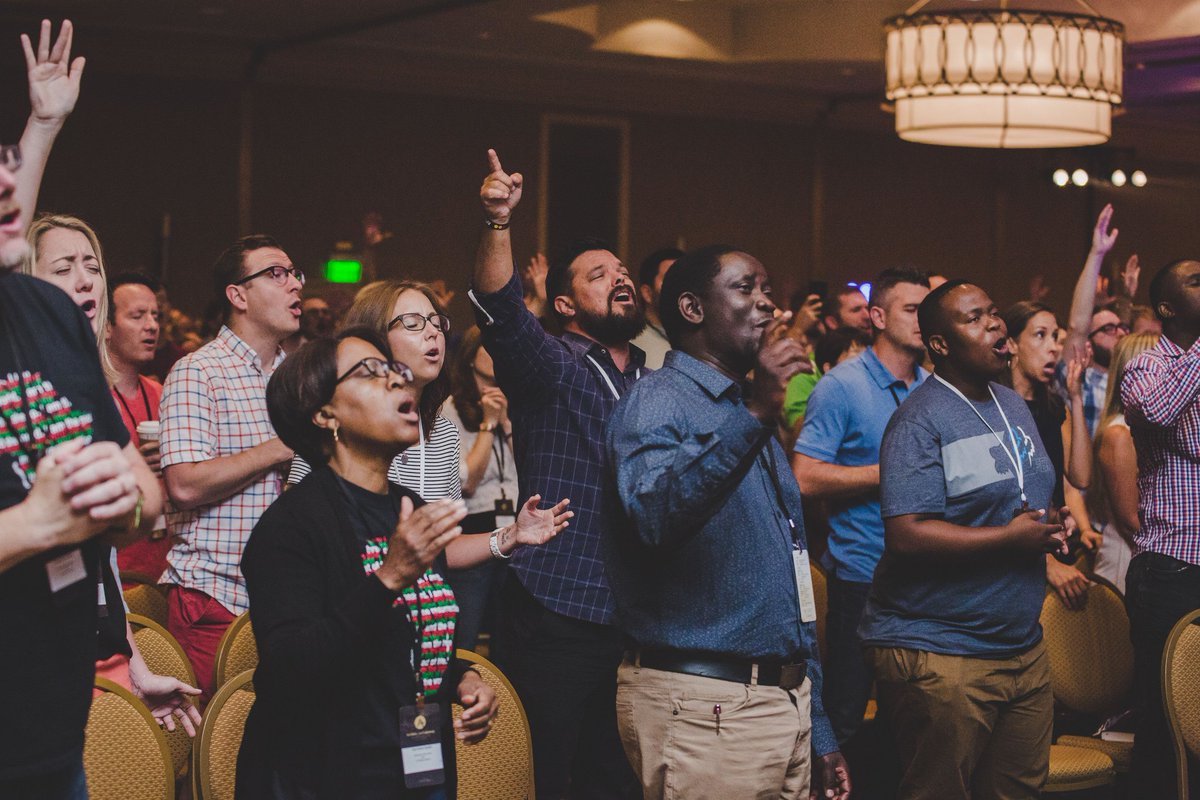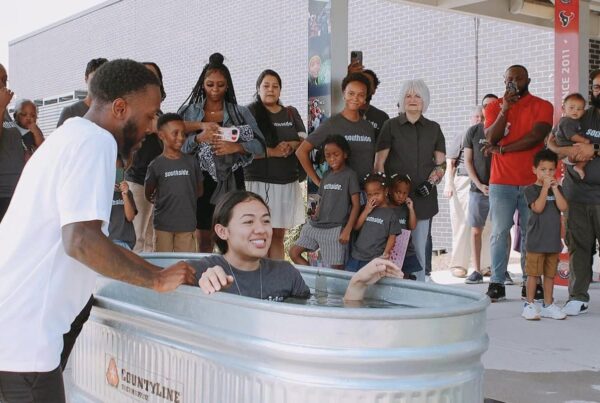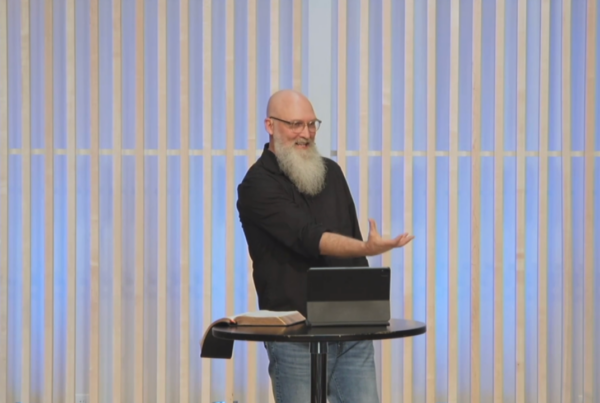In parts one and two of this blog series, we introduced the idea that the biblical vision of diversity is based upon two fundamental doctrines of Scripture:
1. The Unity of the Human Race
2. The Universality of God’s People
Based on that knowledge, there must then be a response from the Church.
Unity: Reconciling the Two
It is true that the unity of the created order is deeply disrupted by sin. Men and women, families, tribes, ethnicities, and nations have been set against one another, with differences among people often serving as a pretext for personal and systematic injustice. Yet God has responded to the sin of prejudice and partiality not by abandoning His world, but by providing for its redemption and reconciliation. In consequence, a core value of the Christian church is unity among diversity. God’s people are called to repent of sin, grow in grace, acknowledge and submit to truth, seek justice, show mercy, practice forgiveness, and go and make disciples of all nations—all because of Christ’s atoning work by which we’ve been united together in Him, and the power of sin has been broken.
Given the divine intention for creation, then, we see human diversity as a feature of life worth savoring—a feature designed and embraced by God. The unity of the kingdom, attained and emulated on earth by Christian fellowship, gladly acknowledges the variety of personal backgrounds, histories, and contexts out of which love, thanksgiving, and worship are rendered to God. The vision of heaven presented by the Apostle John in Revelation, is that of a diverse group of believers from every tribe, language, people and nation, who find their unity, not in similar cultural customs or linguistic patterns, but rather in their worship of the one and only King of kings and Lord of lords, the Lamb upon the throne, Jesus.
Anticipating this fulfillment, Christian relationships across distinctions of all kind are to be unbiased and impartial rather than repressive; joyful and loving rather than dismissive. Individuals are not to be stigmatized for being different; rather within the church, diversity is a glorious property of the whole.
Diversity Initiative
Acts 29 is responding to all that we see in Scripture about God’s heart for diversity. The Diversity Initiative of Acts 29 serves our global family of churches in reflecting this.
Acts 29 US West is committed to building gospel-centered trust as a foundation for healthy cross-cultural engagement and mission via coaching, training, and pastoral support in the areas of unity and diversity across our network. We plant churches in the thirteen Western states in which nearly 80 million people live. The plethora of diverse cultures represented in the US West affords us the unique opportunity and responsibility to lead as a network that embodies a biblical reflection of the breadth of God’s people—a radically diverse, global family.
In Southern California, where the network is headquartered, global cities like San Diego, Long Beach, and Los Angeles have brought the nations to our neighborhoods. In the recent decade, Denver has settled more than 10,000 refugees from Africa and the Middle East; this after twice that number arrived from the likes of Vietnam and Bosnia in the late 1990s-2000s. New Mexico’s population of more than 2 million is at least 50% Hispanic. During Hispanic Heritage Month which ends today (October 15), Costa Rica, El Salvador, Honduras, Guatemala, Nicaragua, Mexico, Chile, Belize, and others participate in “Celebrando Nuestra Herencia” (Celebrate our Heritage) in great numbers to celebrate their individual and collective independence.
Acts 29 US West is a network responsible to attract and advance a community of multi-ethnic, globally aware planters, developing pastors that are theologically and experientially cross-cultural. The Network Leadership Team and staff are glad to serve the US West by equipping our increasingly diverse network of churches to be effective in advancing the gospel in the plethora of unique and varied settings of the western United States.
If you have any questions about the work we’re doing toward diversity in church planting in the US West, please email us.west@acts29.com.











